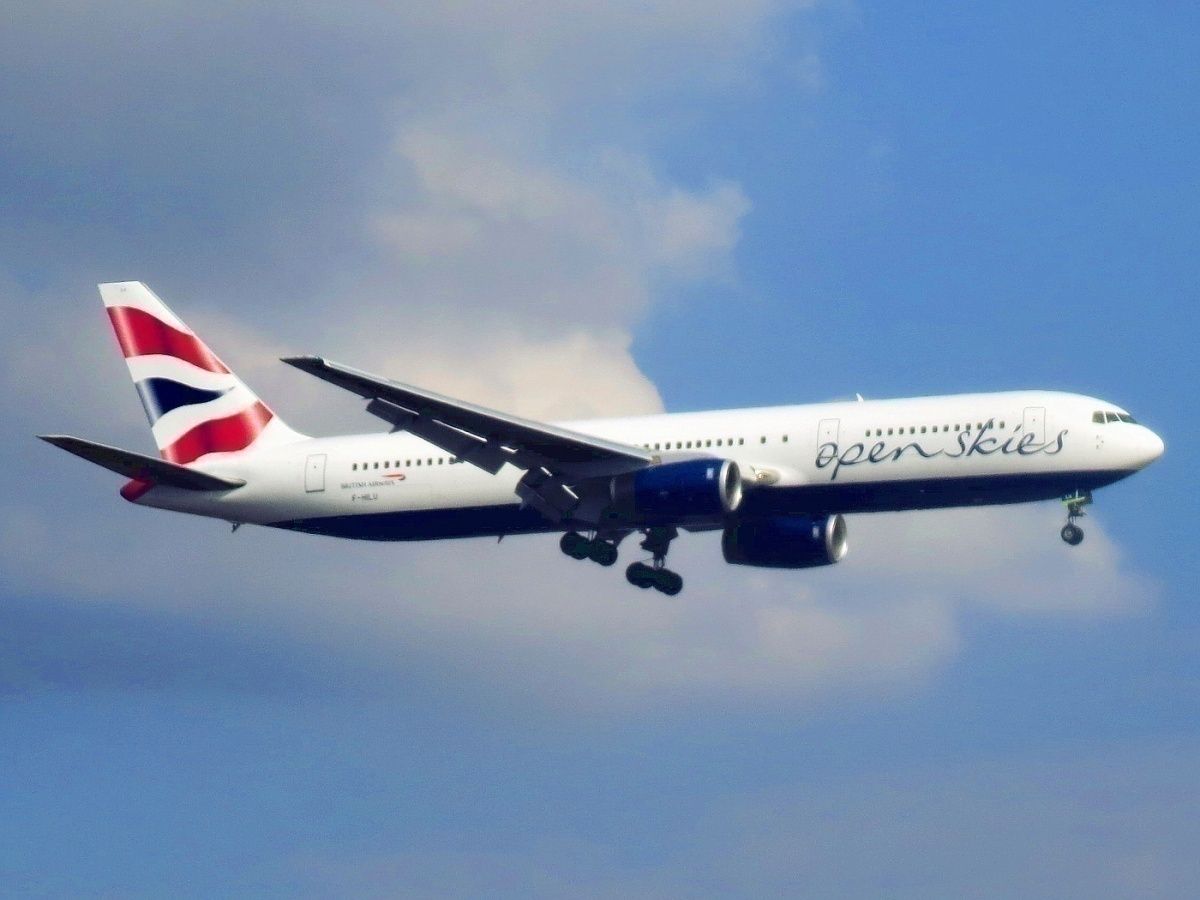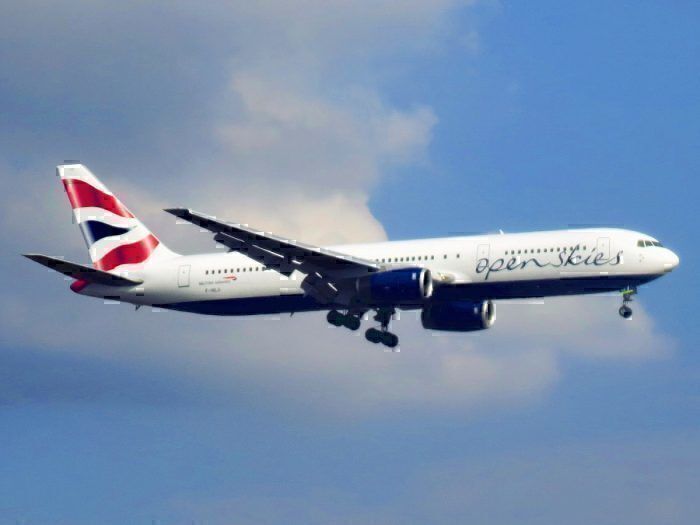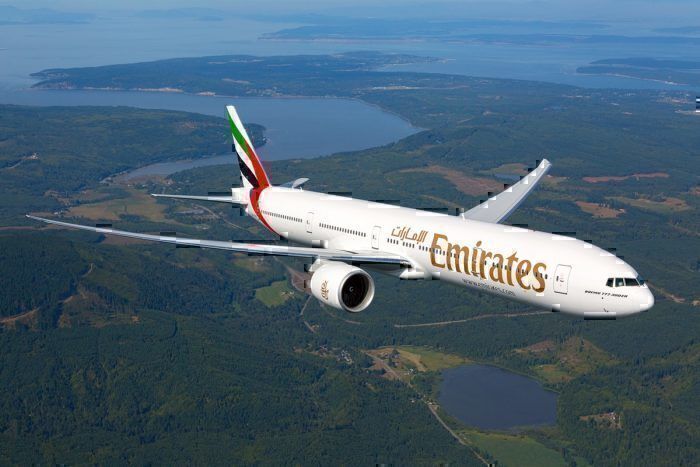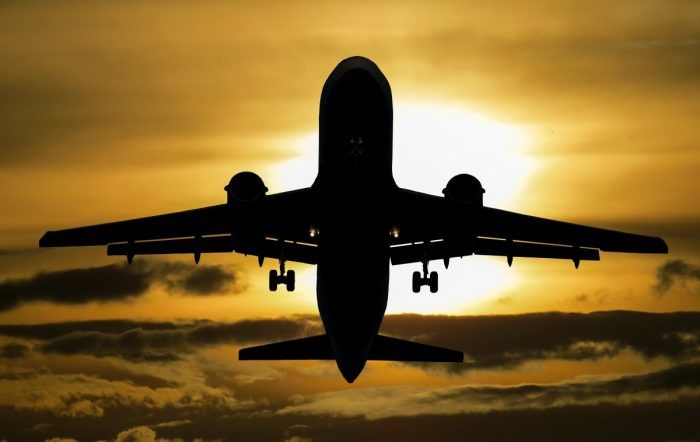Reports that the Trump administration is considering withdrawing the United States from certain Open Skies agreements have made headline news in recent months. The treaty in question came into force in 2002, and currently has 34 signatories. But what are Open Skies agreements?
Spirit of cooperation
Open Skies agreements are effectively intended to contribute to an atmosphere of peace, by boosting the transparency of military activities among member states. There are also commercial advantages underpinning Open Skies treaties, with the agreements tending to foster a spirit of cooperation between countries from all over the world.
Indeed, even the US government's own website notes that “Open Skies agreements have vastly expanded international passenger and cargo flights to and from the United States, promoting increased travel and trade, enhancing productivity, and spurring high-quality job opportunities and economic growth.”
As is often the case in such trade-related legislation, Open Skies agreements achieve improved conditions for member states by preventing government interference in the airline industry. This prevents, for example, a particular national government from imposing unfair conditions, in order to favor its own country's airlines.
Liberalizing travel
The advantages of this for consumers are quite obvious – Open Skies agreements have helped to liberalize the air travel environment, leading to far greater choice and convenience, along with lower prices. In fact, it is hard to imagine the extremely diverse and complex international air travel market existing without such Open Skies agreements in place.
Previously, the United States has entered into Open Skies agreements with over 100 nations, covering all four corners of the globe. Aside from the aforementioned agreement, the US is also a signatory in the 2001 Multilateral Agreement on the Liberalization of International Air Transportation with New Zealand, Singapore, Brunei, and Chile, and the 2007 Air Transport Agreement with the European Community and its 27 member states.
So why should you care? Well, firstly let's strike a note of caution. There are many Open Skies agreements in place, and even if this does occur, the impact on the overall air travel market shouldn't be huge. Furthermore, there is no concrete word from the White House on this alleged decision, and certainly nothing confirming that the US will abandon any Open Skies agreements.
But there could be some impact on air travel, particularly for those traveling to or from the United States. There have been extensive agreements between European countries and the US, under the EU–US Open Skies Agreement, and this could be called into question should US policy in this area change.
Some criticism
While the existing Open Skies agreements are generally received fairly favorably, there has still been criticism of some aspects of the treaties. Accusations have been made that the legislation involved too strongly favors certain countries, and that they fail to adequately foster the fair trading conditions that they are intended to produce.
However, regardless of any such criticisms, Open Skies agreements have undoubtedly played a major role in the creation of the vibrant air travel market that we often take for granted.




